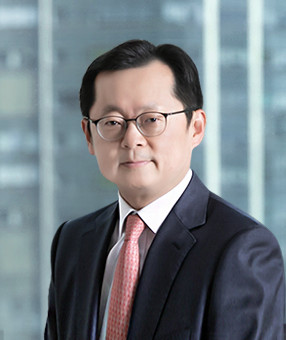A flat tax rate (of 20.9%, including local income tax) is applicable to the earned income of foreign employees and executives for a maximum of 20 years. This time frame has been recently extended from the previous time frame of five years by a recent amendment to the Special Tax Treatment Control Law (the “STTCL”). Regarding the specific starting date on which a foreign employee should be deemed to have started working in Korea (for the purpose of counting the 20 years), the National Tax Service (the “NTS”) and the Ministry of Economy and Finance (the “MOEF”) issued a ruling stating that even for cases in which a foreign employee started working in Korea prior to January 1, 2014, the flat tax rate should apply as if they had started their employment in Korea on January 1, 2014.
For the purpose of attracting foreign human capital, the STTCL prescribes a flat tax rate of 20.9% (including local income tax) on the earned income of foreign employees. This provision, at the time of its initial enactment, did not include a restriction on the applicable time period. However, an amendment in 2014 limited the application of the flat tax rate to a maximum time period of five years starting from the date on which a foreign employee first started to work in Korea (which had been maintained until recently).
Through a recent amendment to the STTCL on December 31, 2022, the limitation on the time period where the flat tax rate is applicable has been extended from five years to 20 years. Accordingly, foreign employees who started working in Korea prior to December 31, 2023 may be eligible for the flat tax rate for 20 years beginning on the starting date of their employment in Korea.
However, the new provision does not explicitly prescribe how to interpret “the starting date of employment in Korea” (for example, whether foreign employees who have stayed and worked in Korea for more than 20 years as of January 1, 2023 are still eligible for the flat tax rate).
Recently, the NTS and the MOEF issued a ruling that clarifies the application of the flat tax rate in case of the following two groups of foreign employees: (i) for foreign employees who had started working in Korea prior to January 1, 2014, left Korea temporarily, and thereafter came back to Korea to work, the 20-year period starts from the date on which said foreign employees came back to Korea after January 1, 2014 and started work and (ii) for foreign employees who were working in Korea as of January 1, 2014, the 20-year period starts from January 1, 2014 (thus, the flat tax rate would be applicable until December 31, 2033 for this group of employees).
Through this ruling, Korean tax authorities were able to clarify that the reference point for the determination of an employee’s starting date of employment in Korea should be January 1, 2014, that is, the time of adoption of the initial time limit on the application of flat tax rate. In addition to dispelling uncertainty regarding the determination of a foreign employee’s starting date of employment, the ruling is significant in that it supports foreign investment in Korea by confirming that even foreign employees who began to working in Korea prior to 2014 would be eligible for the flat tax rate until December 31, 2033 (deeming that they started working in Korea on January 1, 2014).
Related Topics









